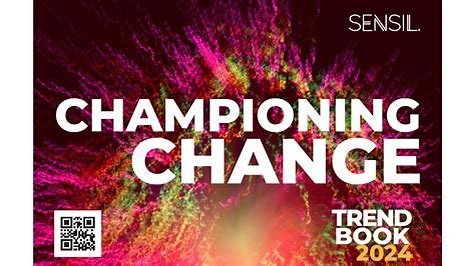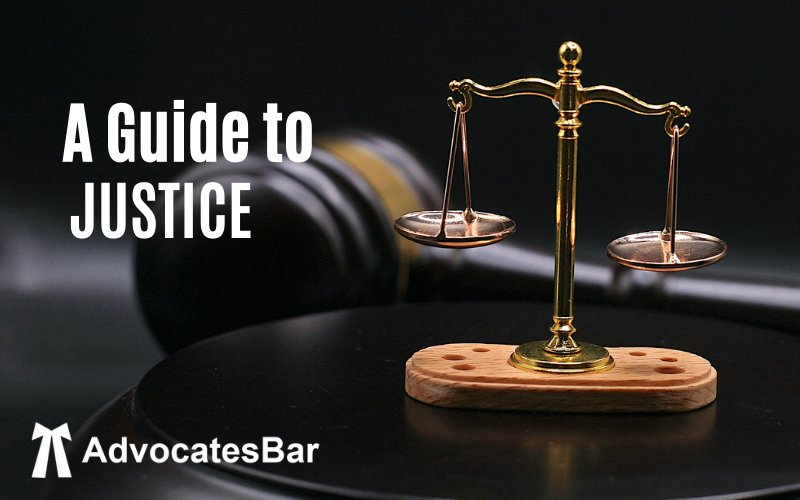From Research Tool to Legal Liability: Investigating the Misuse of ChatGPT by US Lawyers
As the world moves closer to a future where artificial intelligence and machine learning technologies are increasingly integrated into our daily lives, it’s important to recognize both the benefits and the risks that these developments entail. One recent example of this tension is the use of the AI-powered research tool ChatGPT by US lawyers, who are finding innovative ways to utilize the technology in their work. However, this tool is not without its challenges, and there have been reports of misuse and potential legal liabilities associated with its use. In this blog post, we will explore the impact of ChatGPT on the legal profession and investigate how lawyers can mitigate potential risks when using this tool.
1.What is ChatGPT?
ChatGPT is a research tool developed by OpenAI that uses natural language processing to generate human-like responses to prompts or questions. This AI technology has garnered significant attention for its ability to assist researchers in a variety of fields, from language translation to chatbots. However, recent reports have shed light on the misuse of ChatGPT by US lawyers, raising concerns about the legal implications of this advanced AI tool.
2.How is ChatGPT being misused by lawyers?
ChatGPT, a state-of-the-art conversational AI language model, was developed by OpenAI to be a research tool for generating human-like responses to various prompts. However, some US lawyers have been misusing ChatGPT in their legal practice.
Lawyers have been using ChatGPT to draft legal documents, including contracts, agreements, and even court pleadings. While this may seem like a convenient and efficient use of technology, it poses a significant legal liability risk. ChatGPT’s responses are generated based on its training data, which includes a vast amount of information sourced from the internet. As such, there is no guarantee that the responses are accurate or reliable, particularly in the context of legal documents that require a high degree of precision.
In addition to the legal liability risks, there are also ethical considerations to the misuse of ChatGPT by lawyers. Lawyers have an obligation to provide competent and diligent representation to their clients. The use of an AI language model may be seen as a shortcut to fulfilling this obligation, which could ultimately harm clients by leading to mistakes or omissions in legal documents.
Furthermore, ChatGPT is not designed to replace lawyers, but rather to supplement their work. Its primary purpose is to aid in research and exploration of language patterns, not to replace the critical thinking and legal expertise that lawyers bring to their practice.
Overall, the misuse of ChatGPT by lawyers presents a significant risk to both the legal profession and its clients. To prevent such misuse, lawyers should ensure that they are using ChatGPT appropriately and responsibly. They should not rely solely on ChatGPT-generated language when drafting legal documents, but rather use it as a tool to aid their own legal analysis and reasoning. Additionally, lawyers should educate themselves on the ethical
3.What are the consequences of this misuse?
The misuse of ChatGPT by US lawyers has serious consequences. First and foremost, it can lead to legal liability for the lawyers involved. ChatGPT is a powerful tool that can generate responses to legal queries in seconds, but relying solely on its responses without proper scrutiny can lead to incorrect or incomplete advice being given to clients.
Furthermore, this misuse undermines the integrity of the legal profession. Lawyers are expected to have a deep understanding of the law and to provide sound advice based on that understanding. Relying on an AI-powered tool without fully understanding how it works and how it arrives at its responses undermines the trust that clients have in their lawyers.
Another consequence is the potential harm that can be done to clients who rely on the advice given by lawyers who misuse ChatGPT. Clients could make decisions based on incomplete or incorrect advice that could have serious and far-reaching consequences.
Finally, the misuse of ChatGPT could lead to reputational damage for the legal profession as a whole. Clients and members of the public may come to see lawyers as relying on technology rather than their own knowledge and expertise, which could lead to a loss of trust in the profession.
Overall, the consequences of the misuse of ChatGPT by US lawyers are significant. It is essential that the legal profession takes steps to ensure that this technology is used responsibly and appropriately in order to protect clients, maintain the integrity of the profession, and preserve the public trust.
4.How can we prevent this misuse in the future?
As with any tool, there is always a risk of misuse. In the case of ChatGPT, it is essential that lawyers understand the proper use of the tool to avoid potential legal liability.
To prevent this misuse in the future, law firms can implement training programs for their lawyers on the appropriate use of ChatGPT and other similar tools. This training should emphasize the importance of proper research methods and ethical considerations when utilizing artificial intelligence tools like ChatGPT.
Additionally, law firms can develop clear policies and guidelines on the use of these tools, including who is authorized to use them and for what purposes. It is crucial to establish clear boundaries and protocols to ensure that these tools are used ethically and legally.
Finally, law firms should also consider implementing systems for monitoring the use of ChatGPT and other research tools to detect any potential misuse. These systems can help identify problematic behaviors and allow the firm to address them before they lead to legal liability.
By taking proactive measures to prevent the misuse of ChatGPT and other similar tools, law firms can protect their clients, reputation, and legal liability.
Conclusion:
The rise of artificial intelligence and natural language processing tools similar as ChatGPT has revolutionized the legal profession in numerous ways. still, with new technology comes new liabilities. Unfortunately, it seems that some attorneys have been misusing this important exploration tool to produce fake substantiation statements or alter evidence in order to secure a better outgrowth for their guests. The consequences of this abuse can be significant, leading to warrants, correctional action, or indeed disbarment. It undermines the integrity of the legal system and can beget irrecoverable detriment to those affected by the lies presented in court. To help this type of abuse in the future, it’s essential for attorneys and law enterprises to educate themselves and their staff on the proper use of AI tools like ChatGPT. It’s pivotal to insure that all legal professionals understand the ethical and legal counteraccusations of manipulating data or information in any way that misleads the court or jury.
Also Read: How To Register Your One Person Company In India A Step- By- Step Companion







